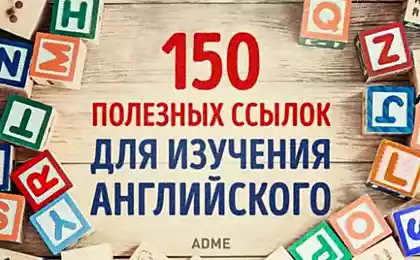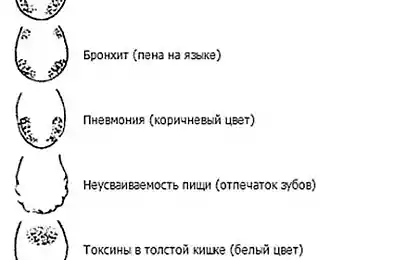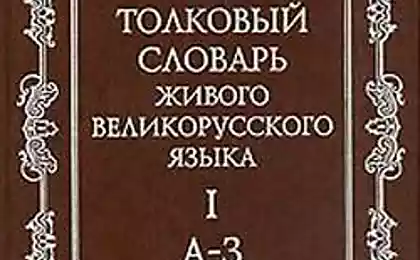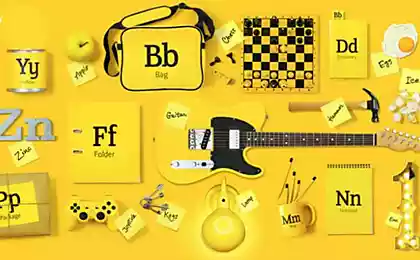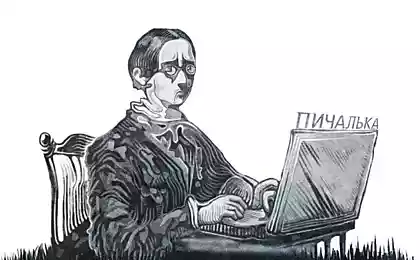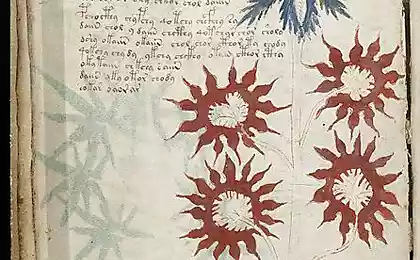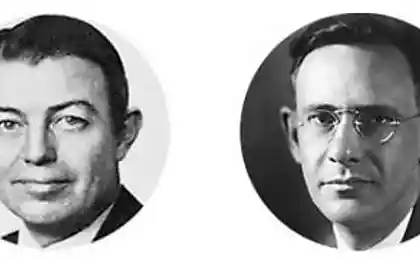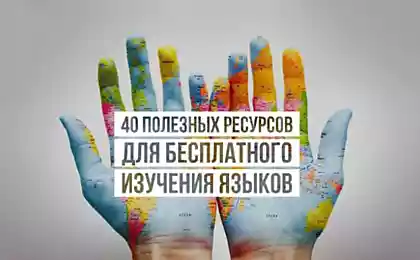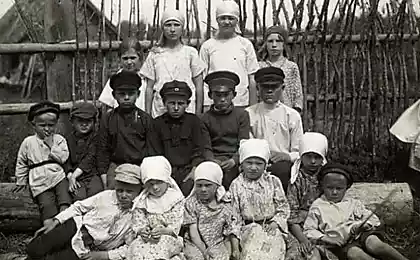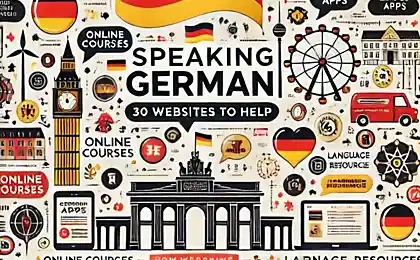201
It is a pity that beautiful ancient words disappear from the Russian language, and they are replaced by eerie newfangled words.
They always appear in speech. newfangledThey help us to discuss new phenomena. Some take root only in narrow niches, while others become so popular that they begin to be pronounced almost on every corner. But there are words that lose relevance and are forgotten over time.
And today's edition. "Site" Let me remind you of some obsoleteThey are almost never used anywhere else. However, it is interesting that these words did not disappear without a trace, but left a kind of “descendants”, which are quite common.

Outdated words in Russian
Perhaps the fact that some words become obsolete and almost never used is a normal process. After all, they are replaced by something new, more modern and convenient.
But it's quite interesting to find ancientIt is fascinating for its beauty and centuries-old history. And it seems even insulting that native speakers have completely stopped using these words.
What old words in the Russian language have become a discovery for you? Share your observations in the comments.
And today's edition. "Site" Let me remind you of some obsoleteThey are almost never used anywhere else. However, it is interesting that these words did not disappear without a trace, but left a kind of “descendants”, which are quite common.

Outdated words in Russian
- Fantastic.
This word seems strange and incomprehensible, but it is enough to call its popular antonym “inconspicuous” to clarify a lot. Yes, the word "pupil" means something beautiful in appearance, something that is pleasant to look at. A kind of synonym can be considered the word “prominent”, which also emphasizes an attractive appearance.
- Go ahead.
The word “unintentionally” remained, but its antonym disappeared from the speech. And then it is easy to guess that among the synonyms of the word “sign up” is intentionally, consciously, and deliberately. As you can see, synonyms abound, so “mean” over time ceased to be very popular.
- Veca.
You might think it’s an ancient name for the tower, but that’s not entirely true. The word “vya” meant an educated person who understands a lot in some field. And if you add the particle “not”, you get a well-known and well-used today word “ignorant”.
- Ryahá
Some people will think that this is a big face, but it is quite different. The word “rikha” had a quite pleasant meaning, because they meant a neat woman who watches her appearance. And here experts associate the word “riha” with the word “dress”. And although the word “rikha” remained popular only in rare dialects, “sloppy” took root. And today everyone knows that “sloppy” is called a sloppy person who does not follow either clothes, or appearance, or the state of his home. In general, it is far from clean and orderly.
- To see.
Antonym says "hate." Yes, it was about looking at something with pleasure and desire, contemplating. Of course, the "not" part changed the meaning of the word to the opposite. And it is quite curious that “hate” has even taken root, but “hate” is a thing of the past.
Perhaps the fact that some words become obsolete and almost never used is a normal process. After all, they are replaced by something new, more modern and convenient.
But it's quite interesting to find ancientIt is fascinating for its beauty and centuries-old history. And it seems even insulting that native speakers have completely stopped using these words.
What old words in the Russian language have become a discovery for you? Share your observations in the comments.
A friend from Murmansk washes red caviar before eating, asked why she does it
A new look at the usual dish: closed pizza recipe clever hostess Olga









